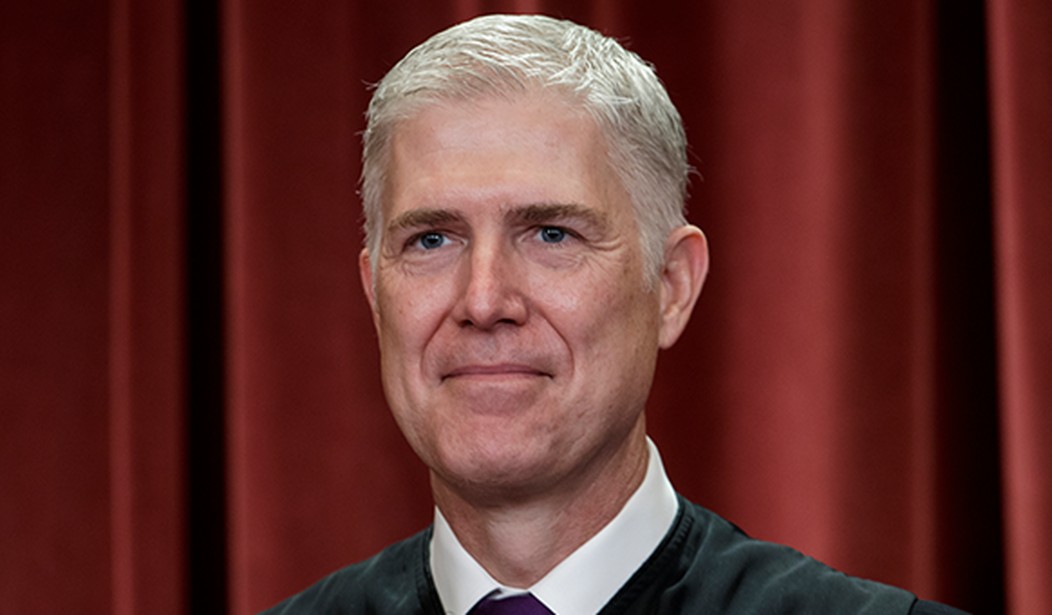Editor's Note: The following is excerpted from "A Republic, If You Can Keep It," by Neil Gorsuch Copyright © 2019 by Neil Gorsuch. Excerpted by permission of Crown Forum. All rights reserved. No part of this excerpt may be reproduced or reprinted without permission in writing from the publisher.
That also bears on the matters I would like to discuss with you today: civics and civility. Each serves a vital role in sustaining our republic, a nation established on the idea that the government exists to serve the people—not the other way around. In a time when despots ruled much of the world, our founders chose to believe that the people could govern themselves prudently, without destroying the civil liberties their ancestors had won, and without subjecting political minorities to arbitrary power. It was a revolutionary idea. So much so that when the Constitutional Convention proposed ordaining the Constitution in the name of “We the People,” Patrick Henry objected. Who was it, he asked, that “authorized them to speak the language of ‘We the People,’ instead of ‘We the States’?” Madison replied that “[t]he existing system has been derived from the . . . authority of the legislatures of the states; whereas, this is derived from the superior power of the people” themselves.
Many across the world thought this bold experiment in self-government was bound to fail, and the founders themselves recognized it would hardly prove self-perpetuating. They knew the cold truth that keeping a republic depends on certain very special conditions. And maybe highest on the list is that the people themselves know how their government works and are able and willing to participate in its administration. Monarchies and oligarchies have no need for widespread civic education. A ruling elite can learn the business of government from their predecessors easily enough. But in our republic the ruling class is supposed to be the whole of the American people. And for us to govern ourselves wisely, every generation has to learn the business of government and what values our republic was designed to serve and then commit themselves to participating in its operation. Even before the Constitution was created, the Northwest Ordinance declared that “[r]eligion, morality, and knowledge, being necessary to good government and the happiness of mankind, schools and the means of education shall forever be encouraged.” For us, civic education and engagement are not just ideals; they are indispensable. As Jefferson put it, “If a nation expects to be ignorant and free . . . it expects what never was and never will be.”
Recommended
Some of this is pretty self-evident. You need to know about politicians, their views, and how they compare with others in order to elect representatives who will speak for you. You need to know, as well, about your rights in order to enforce them. You’re more likely to speak your mind freely if you know that the First Amendment protects freedom of speech. You’re more likely to protest the police rifling through your papers if you know the government cannot con- duct unreasonable searches. You’re more likely to worship as you choose if you know your prayers are protected against government interference.
But if we are to be a self-governing people, we need to know not just our rights but the structures that protect them. Our government is one of limited and separated powers, a design deliberately chosen to secure the promise of self-rule and our liberties and to prevent the accumulation of power in too few hands. Yet, according to Annenberg, today it seems only about a quarter of Americans can name the three branches of government. Approximately a third cannot name any branch. Many do not know why the founders established this separation of powers or how it protects their liberties. Civic education is no longer a central part of the curriculum in many of our public schools.


























Join the conversation as a VIP Member